
WEST HOLLYWOOD, Ca – Pauline Lawrence is 63, an age that puts her at increased risk if she contracts COVID-19. Yet, three days a week, she spends 16 hours with someone at even greater risk: a 97-year-old man who depends on her and two other home health aides to survive.
“Somebody has to take care of him,” said Lawrence, an immigrant from Jamaica who lives with her 30-year-old son in a South Los Angeles apartment. “I will stand up to do what I have to do to help.”
Under California’s statewide stay-at-home order that is intended to stem the spread of the novel coronavirus — as well as similar orders issued by cities and counties — many businesses must shut down completely. More than 30 governors have issued similar orders for their states.
But the orders allow “essential” businesses to remain open and “essential” workers to stay on the job.
Who’s considered “essential”? For starters, health care workers, law enforcement personnel, plumbers and grocery store clerks. But many workers dubbed essential are not as obvious, including cannabis dispensary and entertainment industry employees under California’s statewide order, and gardeners and landscapers under the Los Angeles County order.
Among the people who continue to work without the luxury of working from home are a high percentage of low-wage earners, those who earn median hourly wages of $10.22, according to a recent national analysis by the Brookings Institution. And among low-wage earners, black and Latino workers are overrepresented compared with their share of the total workforce.
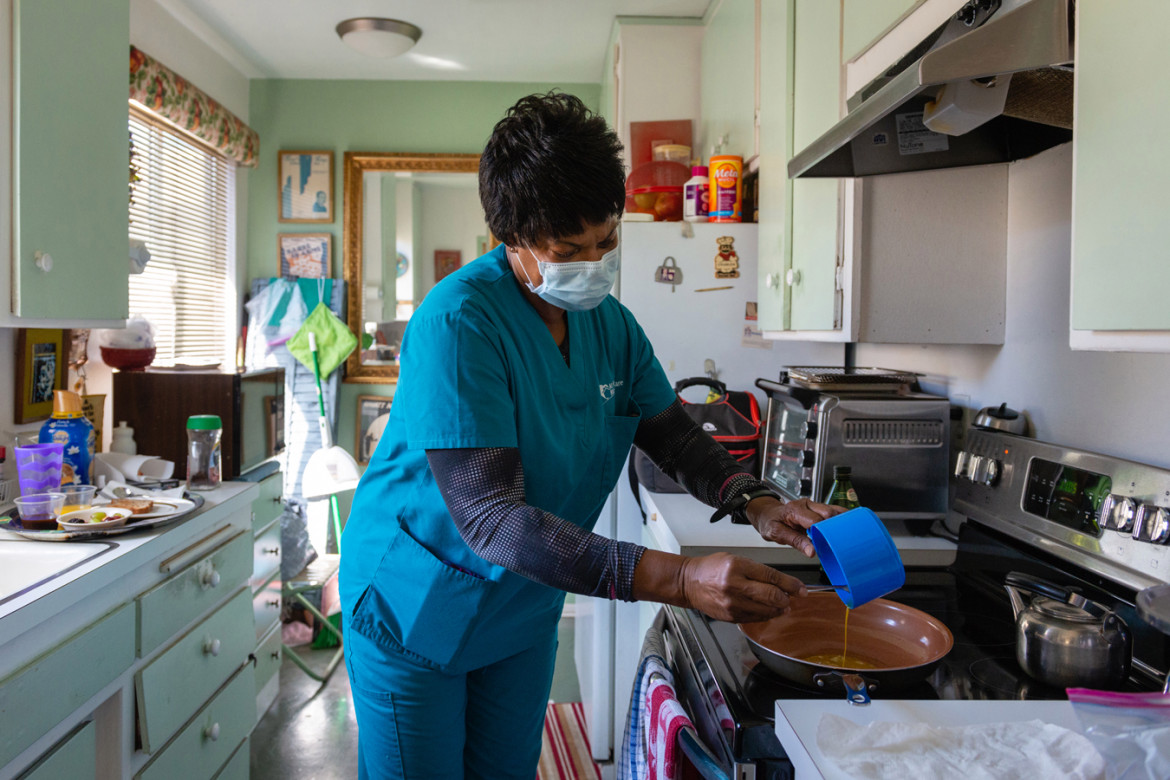
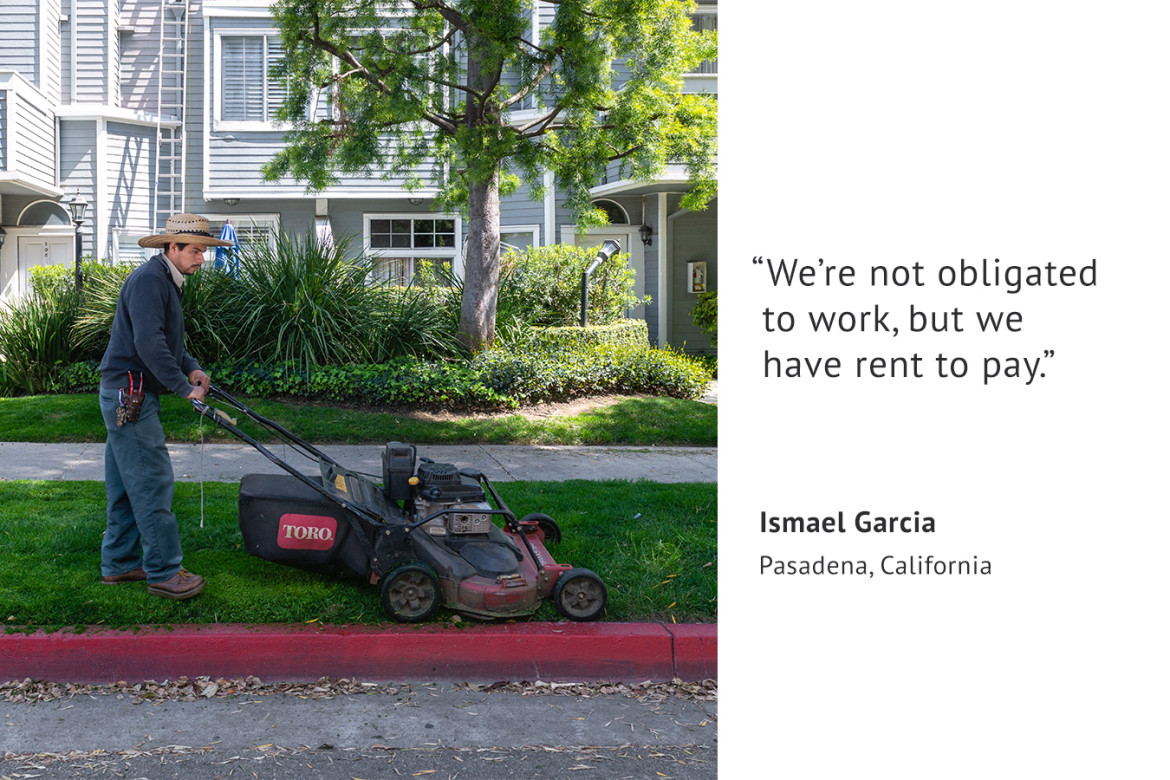
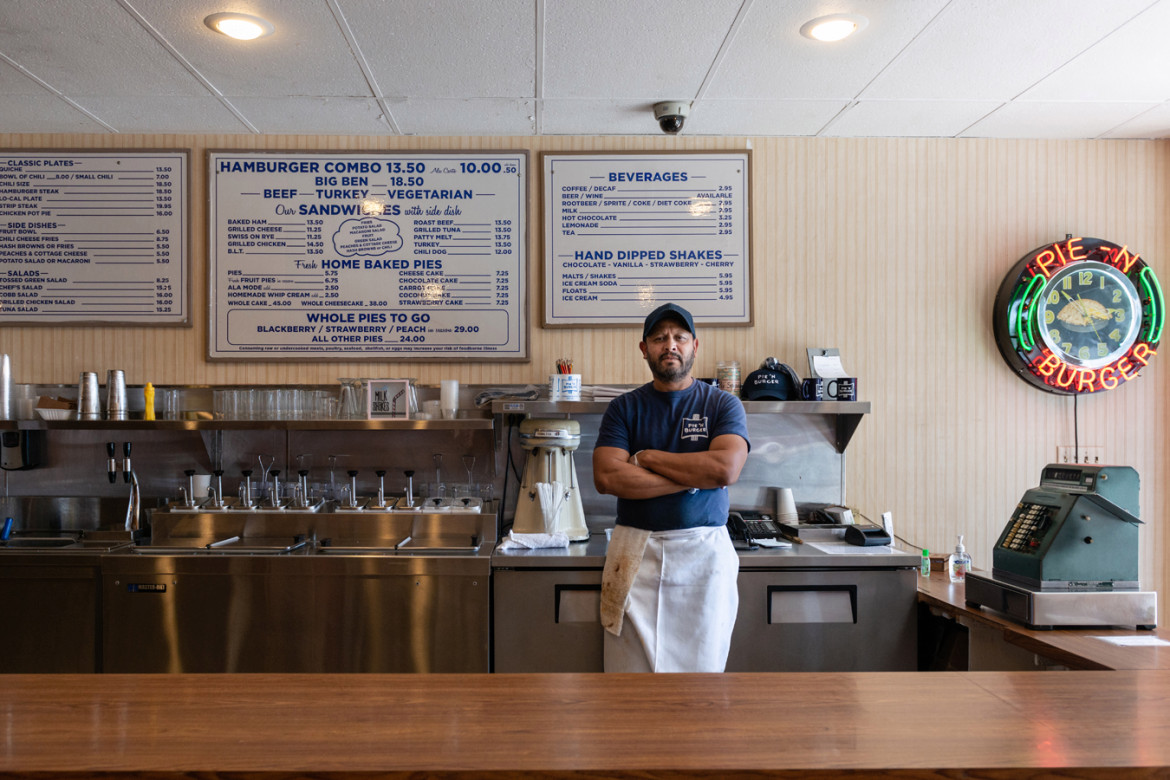
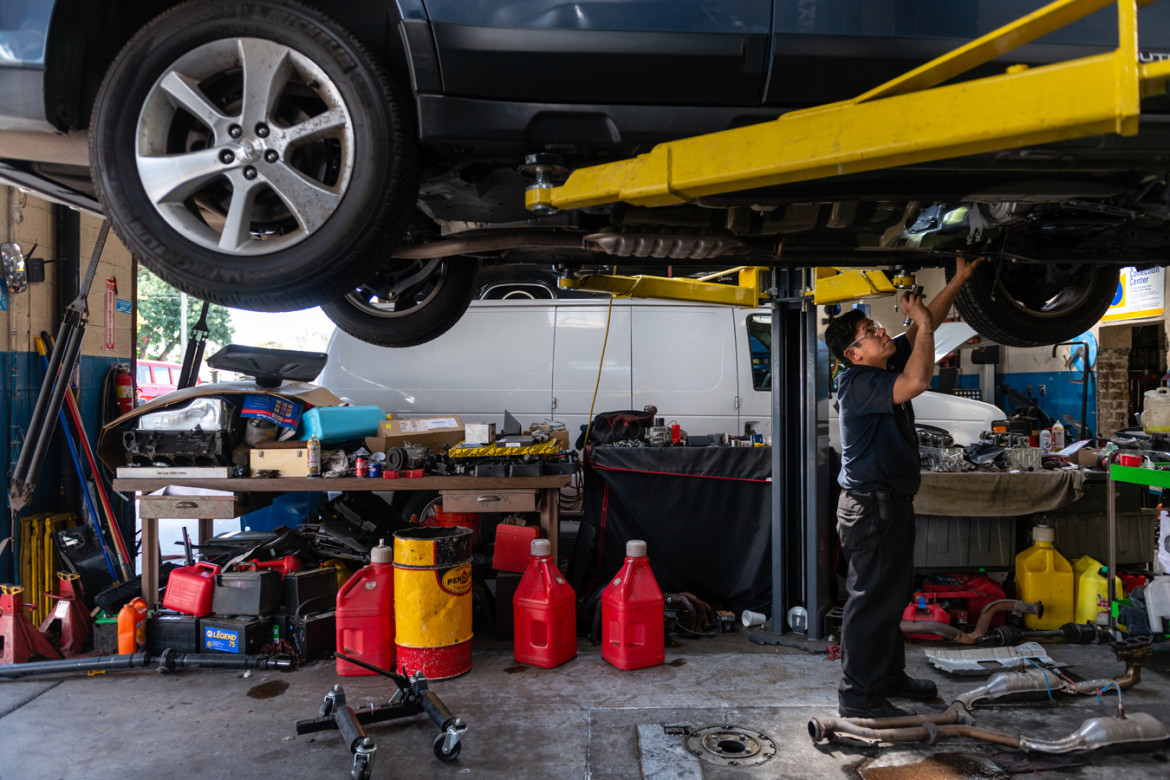
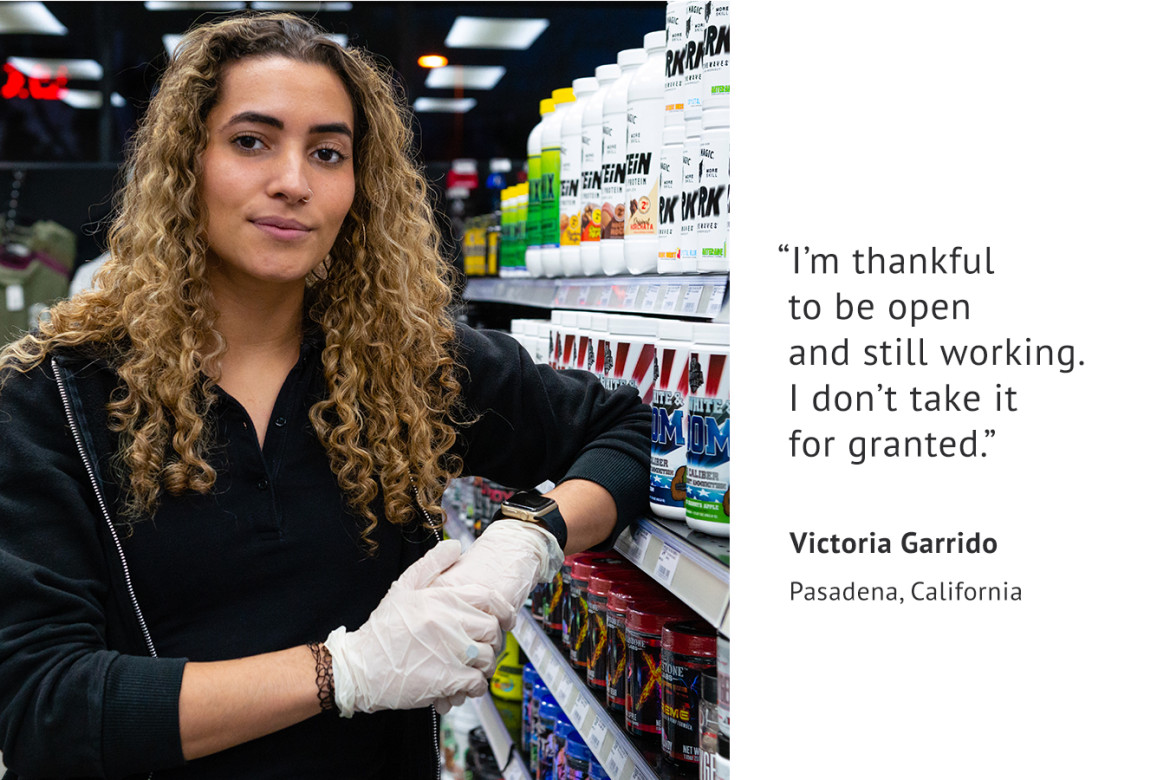
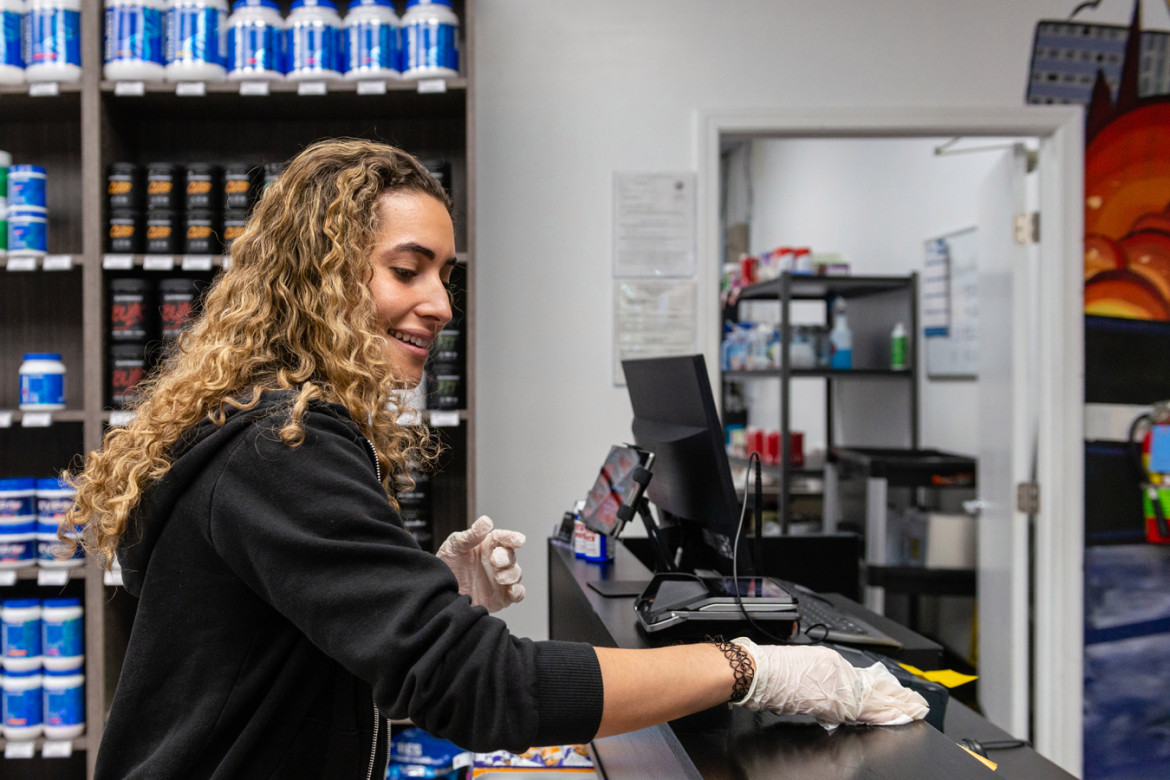
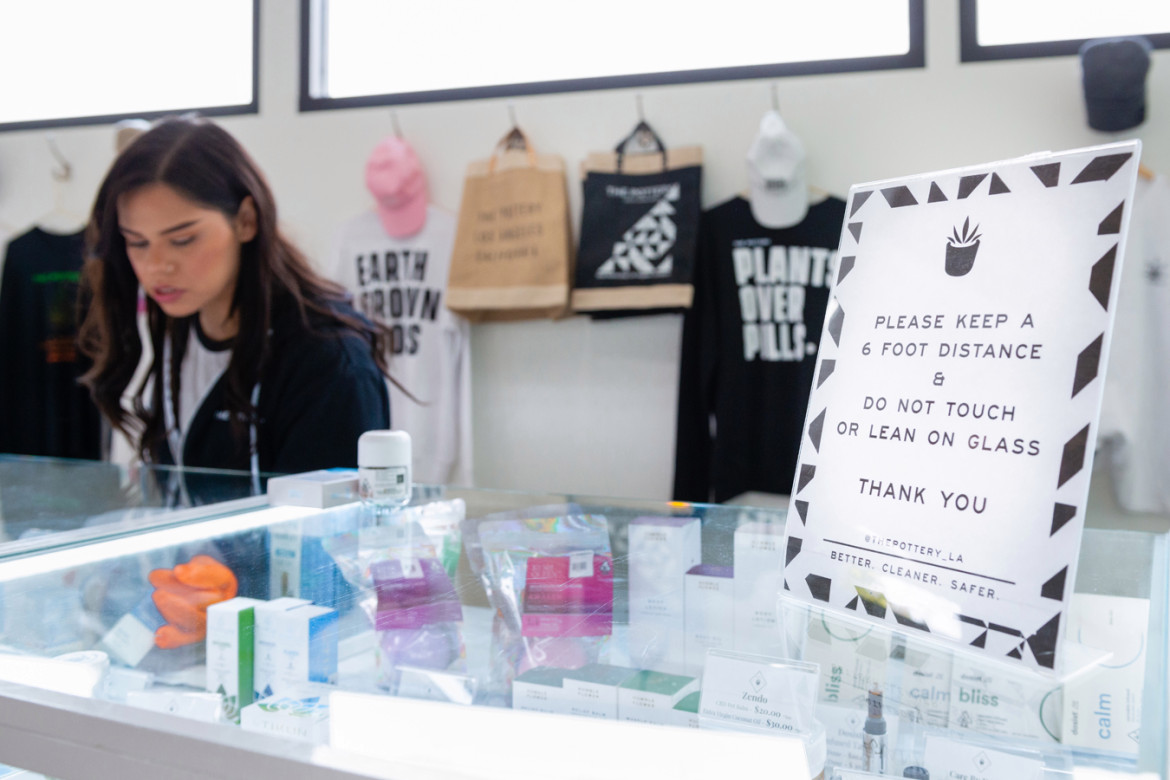
This report was first published on California Healthline, a service of the California Health Care Foundation. It was published in cooperation with Kaiser Health News Network and The Published Reporter.



Comments are closed.